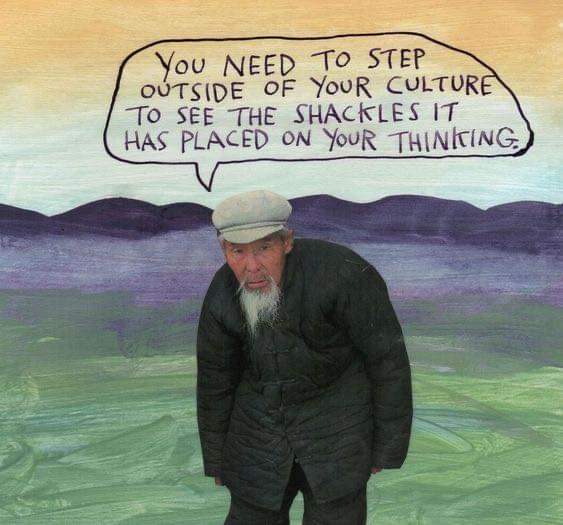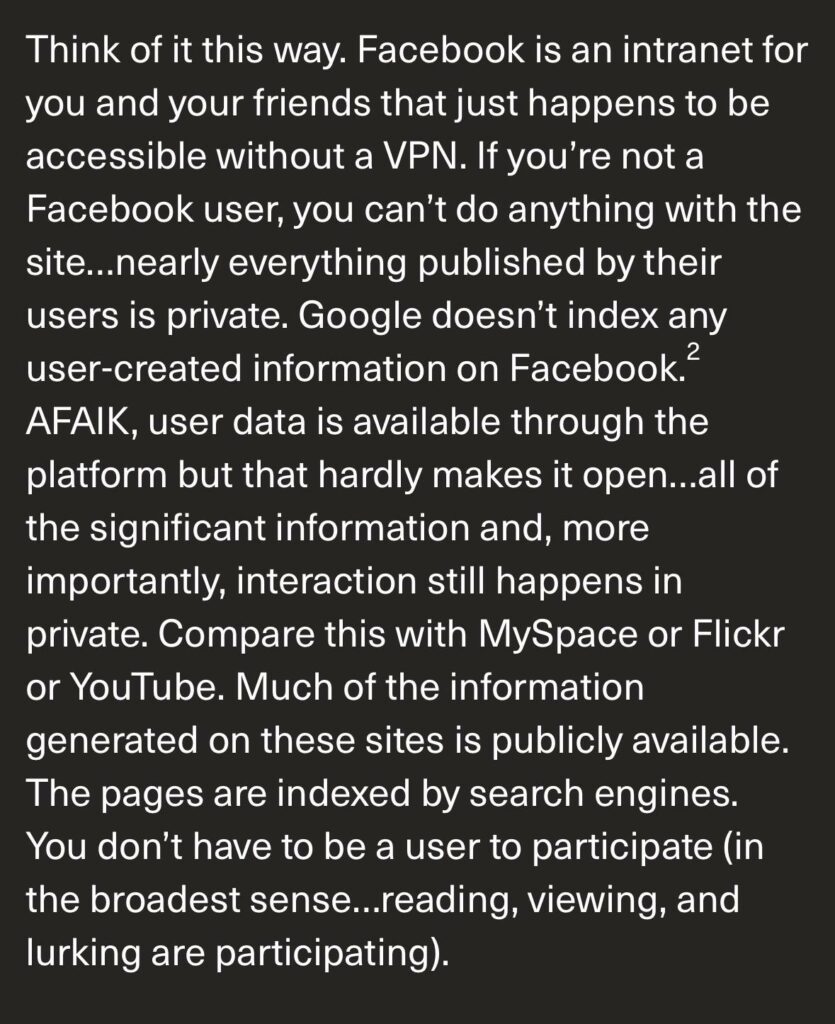“If you pretend to be good, the world takes you very seriously. If you pretend to be bad, it doesn’t. Such is the astounding stupidity of optimism.”
Lady Windermere’s Fan, Oscar WildeIt’s always hard to speak honestly about the chattering classes. Not because the problem is obscure or unimportant, but because it’s hidden behind niceness, cloaked in progressive slogans, and too often protected by politeness, guilt, and institutional grant cycles. But speak we must.
The chattering classes, the mix of educated professionals, #NGO careerists, culture critics, fashion-forward academics, and media-savvy activists, are not driving change. They are managing it, diluting it, colonizing grassroots energy and recirculating it through dull, institutional filters.
They do this not maliciously but as a reflex. In Wilde’s terms, they are pretending to be good, and the world, trained in liberal optimism, takes them seriously. They dominate panels, edit the newsletters, organize the conferences. They speak endlessly about the margins, while quietly living in the centre.
“Arguments are extremely vulgar, for everybody in good society holds exactly the same opinions.”
— The Remarkable Rocket, Oscar WildeIn truth, most of these “good society” types are indistinguishable in action, if not in aesthetics. Their personal brands vary, their #dotcons bios are carefully composed. But their analysis is safe, their tactics repetitive, and their outcomes ephemeral. They’re stuck in loops of reformism dressed up as revolution, always one funding cycle away from burnout.
And they smother movements, not because they oppose them, but because they embrace them too early, too publicly, too noisily. The creative spark of grassroots activity needs space, needs contradiction, needs the possibility of failure and disobedience. Instead, the chattering classes turn every new idea into a media campaign, a festival, a grant proposal, or a “community-led” platform.
“Most people are other people. Their thoughts are someone else’s opinions, their life a mimicry, their passions a quotation.”
— De Profundis, Oscar WildeWe’re left with mimicry masquerading as solidarity. Empty gestures instead of difficult choices. A political ecosystem more concerned with optics than outcomes. And yet, the dilemma is many of these people are genuinely kind, they have good intentions, read the right books, quote the right writers. But they just simply don’t do risk or rupture or reality.
So, what is to be done about this “common sense” mess making? Two overlapping strategies might help find a path:
- Build affinity first, not consensus, by creating small, trust-based crews with shared values and clear purposes. Don’t wait for mass agreement. Use common standards, not homogenized platforms, so these crews can interoperate, fork, and remix without needing central approval. Think modular, not mass. Connect without control.
- Practice strategic exclusion (Gently) is a path. Positive discrimination has a place, but often gets captured by the same chattering class logic. Instead, centre the unfashionable, the practical, the socially messy. Make deliberate space for voices that don’t align with #NGO polish and academic gatekeeping. Create contexts where the well-meaning can listen, rather than lead.
And let’s not pretend that mockery has no power. Wilde knew that satire, when sharpened, could cut through even the most well-padded smugness.
“Never speak disrespectfully of Society, Algernon. Only people who can’t get into it do that.”
— The Importance of Being Earnest, Oscar WildeWell, maybe we can’t get into it, or maybe we simply won’t. The future we need isn’t one built on respectable panels and well-funded dead ends. It starts elsewhere. It’s messy, lived, and hard to quote in polite company. Let’s stop pretending to be good, let’s start becoming dangerous, together.





